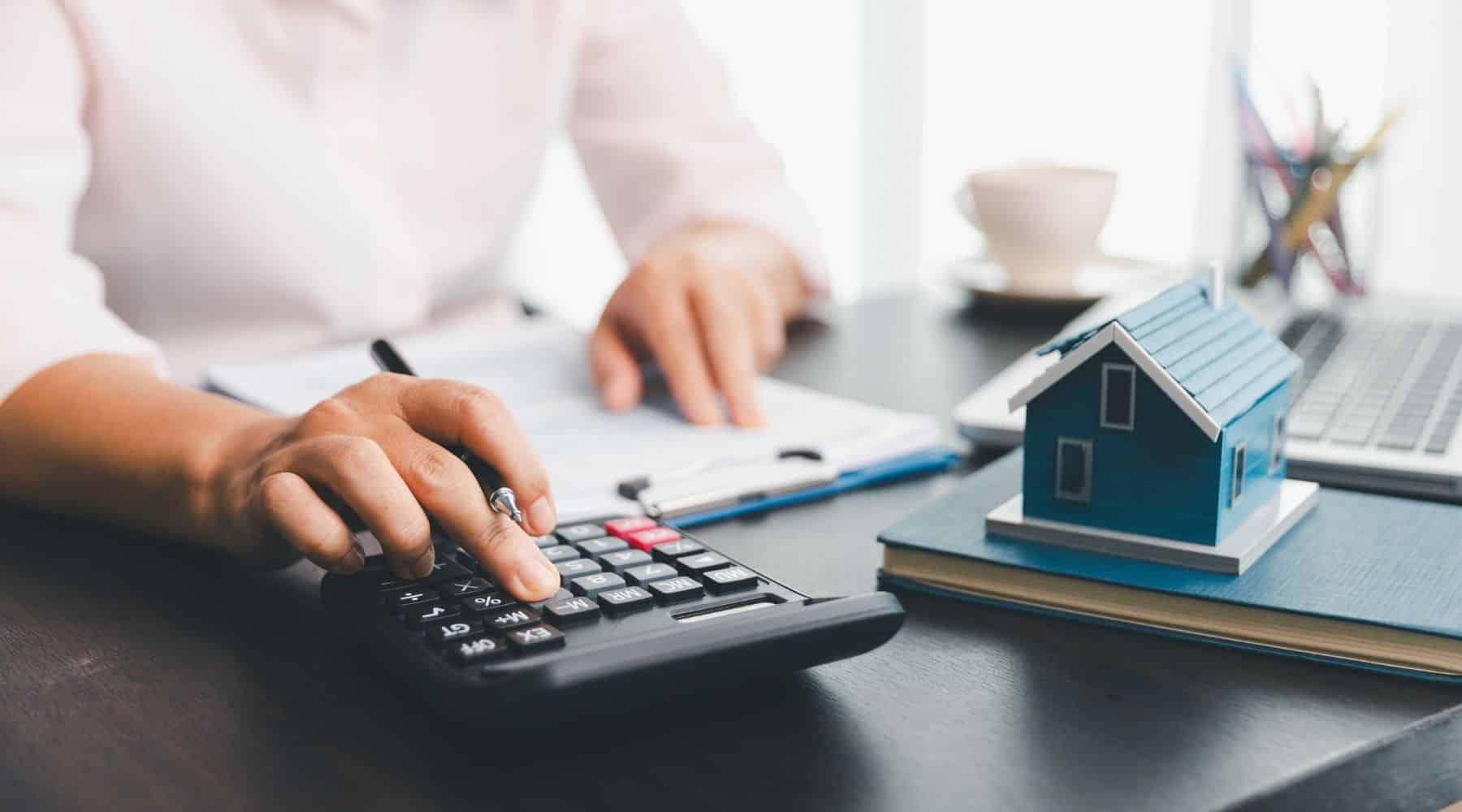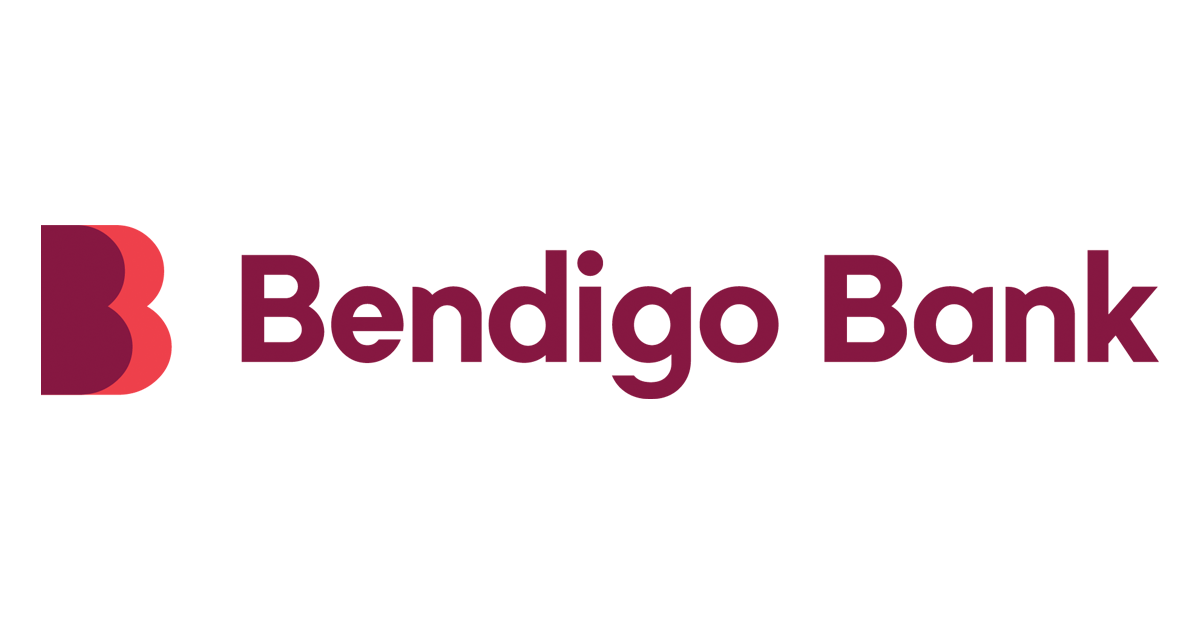Your borrowing power is the amount of money a lender may be prepared to lend you. It’s based on a snapshot of your whole financial situation, including your income, the size of your deposit, your existing debts and commitments, and how many assets you own.
If you’re thinking of applying for a home loan, understanding how much you may be permitted to borrow is one of the first steps you need to take. Our borrowing power calculator can help you get an idea of the amount you could be approved for.
How do I use the borrowing power calculator?
Before you start, gather details about:
- Your salary – and your partner’s, if it’s a joint application
- Any additional income, such as interest from savings or investments, rental income, government payments or child support
- Your living expenses
- Car loan repayments
- Other regular repayments and ongoing costs
- Your total credit card limits
Once you have these to hand, using the calculator is straightforward.
Simply input the information into the relevant sections of the calculator, as well as specifying whether it’s a single or joint application and any dependent children you may have.
You can then adjust the interest rate and loan term.
The calculator will use this information to give you an idea of how much you may be able to borrow, as well as the estimated repayments if you were to borrow that amount.
Keep in mind this figure represents the maximum you may qualify for and may not be a realistic amount to borrow. It’s a good idea to look closely at the estimated monthly repayments to make sure they fit your budget.
If you want to focus more on estimating monthly repayments, our home loan repayments calculator can help give you a clearer picture of potential costs.
What factors will affect my mortgage borrowing power?
Several key factors influence how much you can borrow for a mortgage. These include:
- Employment and income stability: your income matters, but lenders also look at how stable it is. Permanent roles and a solid employment history are generally viewed more favourably than casual work and variable income.
- Total household income and expenses: this includes your partner’s income (if applicable) and any other sources of income, as well as everyday living costs. Generally, the higher your combined income and the lower your regular expenses, the stronger your borrowing power.
- Existing debts: lenders also consider your total debt load, including other loans and credit cards. These affect your debt-to-income ratio – a key factor in determining how much you can borrow. The higher your debts, the more they reduce your borrowing power.
- Your deposit: a larger deposit can increase how much you’re able to borrow and may help you access lower interest rates. Deposits of 20% or more can also help you avoid lenders mortgage insurance (LMI).
- Assets and savings: property, vehicles, cash savings and investments can all strengthen your application, particularly if you can show a pattern of regular savings.
- Credit history: your credit score and past borrowing behaviour play a key role. A strong credit history can improve your chances of being approved for the amount you’re looking to borrow.
"The maximum borrowing amount you qualify for isn’t always the best amount to borrow. It’s important to consider what monthly repayments you can comfortably manage without stretching your budget. Borrowing near your limit can lead to higher repayments that leave little room for unexpected costs or lifestyle flexibility. Choosing a loan amount that fits your finances comfortably helps reduce stress and keeps your mortgage manageable over time."

Borrow within your means, not to your limit

Why apply for a home loan with Savvy
Help throughout the process
You'll be matched with an experienced mortgage broker who'll handle all the hard work for you from start to finish.
Trusted lenders
With a panel of reputable mortgage lenders, you can rest assured you'll be comparing high-quality options with your broker.
Paperless quote process
You can fill out a simple online quote via our form without having to worry about sorting through heaps of paperwork.
Case studies: Small changes can make a big difference
Different factors can affect your borrowing power. Here are a couple of scenarios to show how even seemingly small changes can make a real difference.
Scenario #1 – Different interest rates
Emma earns $95,000 a year and is buying a small apartment on her own. She spends about $40,000 a year on living costs, has $200 in monthly car repayments and a $2,000 credit card limit.
She’s looking at two lenders for a 25-year home loan:
- Lender 1 offers a rate of 5.5% p.a., with a borrowing limit of $315,000
- Lender 2 has a slightly higher rate of 5.9% p.a., with a borrowing limit of $305,000
In this case, just a 0.4% difference in interest rates means Emma’s borrowing power drops by $10,000 – showing how even a small rate change can make a real difference.
Scenario #2 – Debt impact
Alex and Priya are looking to buy their first home together. Their combined income is $150,000 a year and their living expenses are estimated at $50,000. They don’t have any credit cards or other debts.
Assuming an interest rate of 6% p.a. and a 30-year loan term, they could qualify for a home loan of up to $630,000.
However, before applying for a mortgage, they decide to take out a car loan to replace Alex’s old one. With monthly repayments of $400 factored in, their borrowing power drops to around $573,000.
This shows that even common debts like a car loan can noticeably reduce the amount you’re able to borrow for a home.
Note: These examples are simplified and for illustrative purposes only. Actual borrowing power will vary depending on a range of criteria based on your personal circumstances.
Tips for maximising your borrowing power
-
Pay down your debts
Reducing or paying off existing debts will improve your borrowing power. Start with debts that have the highest interest rates. If you have multiple small debts, like credit cards, consolidating them into one loan with a lower interest rate can simplify repayments and lower your costs.
-
Cut living costs
Lenders will typically review your bank statements and spending habits when you apply for a home loan. Cutting unnecessary expenses not only helps you save more but also shows lenders you manage your finances responsibly, increasing your chances of approval.
-
Increase your income
Boosting your income – whether that’s through a raise, promotion, working more hours or taking on extra work – can improve your borrowing capacity by showing lenders you have more money available to cover repayments.
-
Build your credit score
A strong credit score shows lenders you’re a reliable borrower. You can improve your rating by paying bills and existing debts on time, avoiding new credit applications before applying for a home loan and regularly checking your credit report to make sure there are no errors or outdated information.
-
Save for a larger deposit
The more you can put down upfront, the stronger your borrowing power is likely to be. A larger deposit lowers the lender’s risk, can improve your chances of approval and may help you access better loan terms – and may help you avoid paying LMI.
Do first home buyer programs increase my borrowing power?
Australia has several schemes in place to help first-time buyers get on the property ladder. These can increase your borrowing power, mainly by reducing upfront costs and the amount you need to borrow.
The 5% Deposit Scheme lets first-time buyers purchase a home with a deposit under 20% without having to pay LMI, an additional cost that can add thousands of dollars to your costs. This effectively increases your borrowing power because you don’t have to set aside extra money for LMI and instead can put more towards your deposit or other costs.
The Help to Buy Scheme is another option, allowing first home buyers to purchase a property with a deposit as low as 2%. The government owns part of your home until you pay off your loan, so you only borrow what you can afford from the bank. This doesn’t directly increase your borrowing limit, but by reducing the loan amount you need, it lets you afford a more expensive property than you might otherwise.
On top of these, most states and territories offer the First Home Owner Grant, which gives you a lump sum payment to help with your deposit or reduce how much you need to borrow. This can strengthen your loan application and improve your borrowing power.























